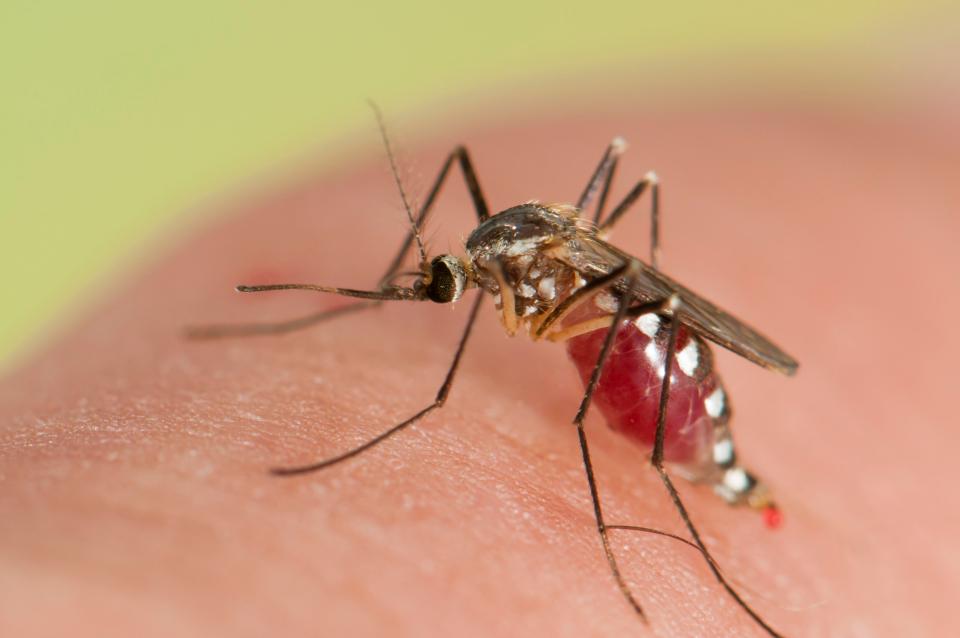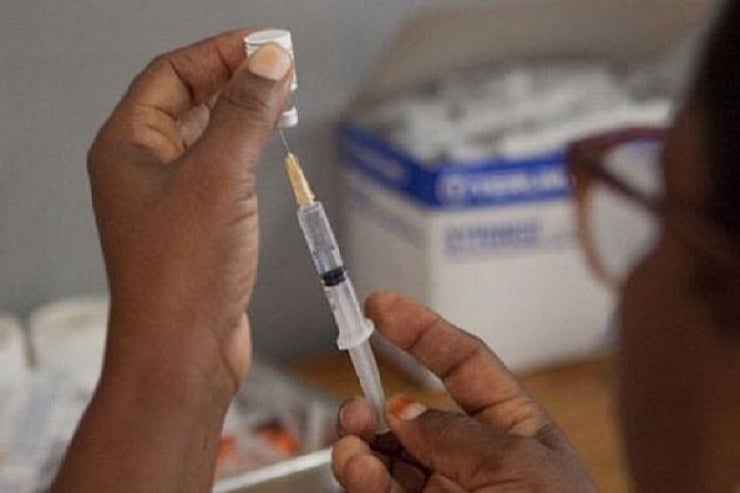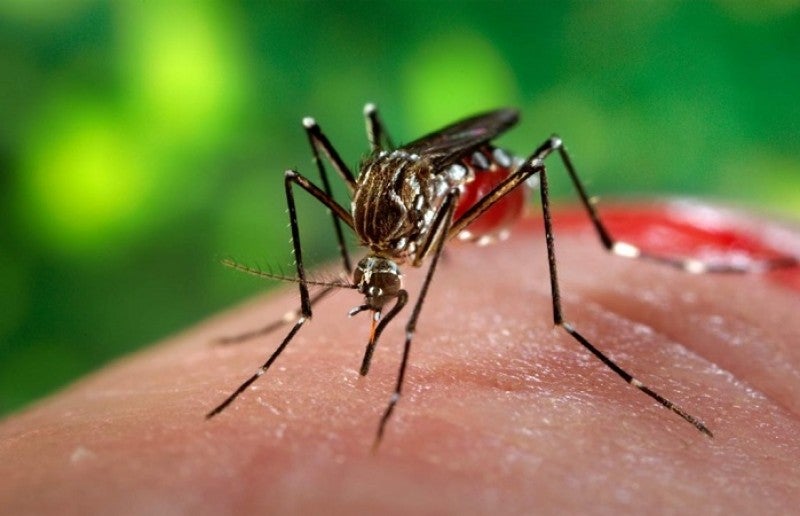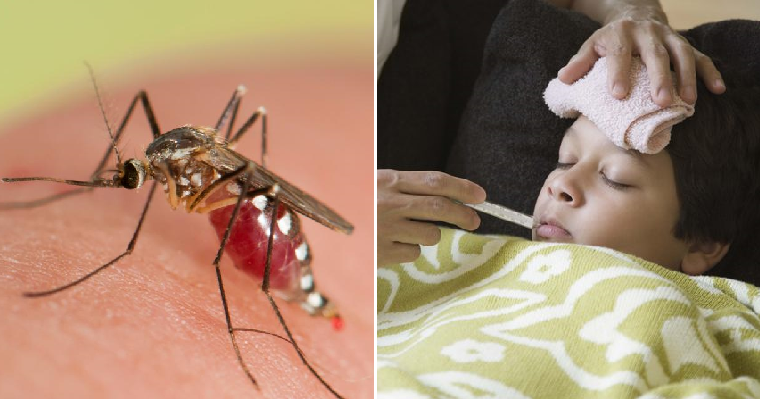Malaria has been around for ages but recent findings have deepened the worry about this disease that is spread by infected female mosquitoes. Researchers have warned that malaria has evolved into “super malaria”, which is now spreading through Southeast Asia at a worrying rate. Uh oh, Malaysia is in SEA too!

Source: the sun
According to BBC, this strain of malaria that has been detected is resistant to the primary anti-malaria drugs in the market. Apparently, super malaria was first discovered in Cambodia back in 2007 but has since spread throughout Southeast Asia via Thailand, Laos and southern Vietnam. That’s super near to us!
Professor Arjen Dondorp, head of the Oxford Tropical Medicine Research Unit at Mahidol University in Bangkok has warned that this is a serious threat and said, “It is alarming that this strain is spreading so quickly through the whole region and we fear it can spread further [and eventually] jump to Africa.”

Source: livestrong
Based on an article published on Lancet Infectious Diseases by the same professor, he said, “(The strain) is very fit and spreads very easily. This resistance is taking over. Cambodia already changed to a new drug, likely to last one or two years. Vietnam has to change now.” What do we do when there are no more new drugs?
The researchers are worried as the strain has already “spread like wildfire” through Vietnam. Straits Times reported that the professor said, “The fear is that it (will) spread further, to India and Africa.”

Source: caribbean360
About 92 per cent of malaria cases happen in Africa, so if this strain reaches the region, the results could be catastrophic as malaria can be fatal. The usual medicines used to treat malaria is artemisinin with piperaquine but with this new strain, it is resisting the treatment about a third of the time in Vietnam. In some regions of Cambodia, the failure rate can go up to 60 per cent.
Michael Chew, from the Wellcome Trust medical research charity, said, “The spread of this malaria ‘superbug’ strain, resistant to the most effective drug we have, is alarming and has major implications for public health globally. Around 700,000 people a year die from drug-resistant infections, including malaria. If nothing is done, this could increase to millions of people every year by 2050.”

Source: vishva times
While there has not been any recorded occurrences of this happening in Malaysia yet, it is always good to take safety precautions. Although there is no vaccine for malaria, we can take steps such as always remembering to use mosquito repellent, wearing long clothing in mosquito-infested places or even using a mosquito net at home.
Stay safe, people and let’s hope that super malaria doesn’t make its way to our shores!
Also read: Oral Sex is Spreading Unstoppable Superbug Infection, Scientists Warn










































